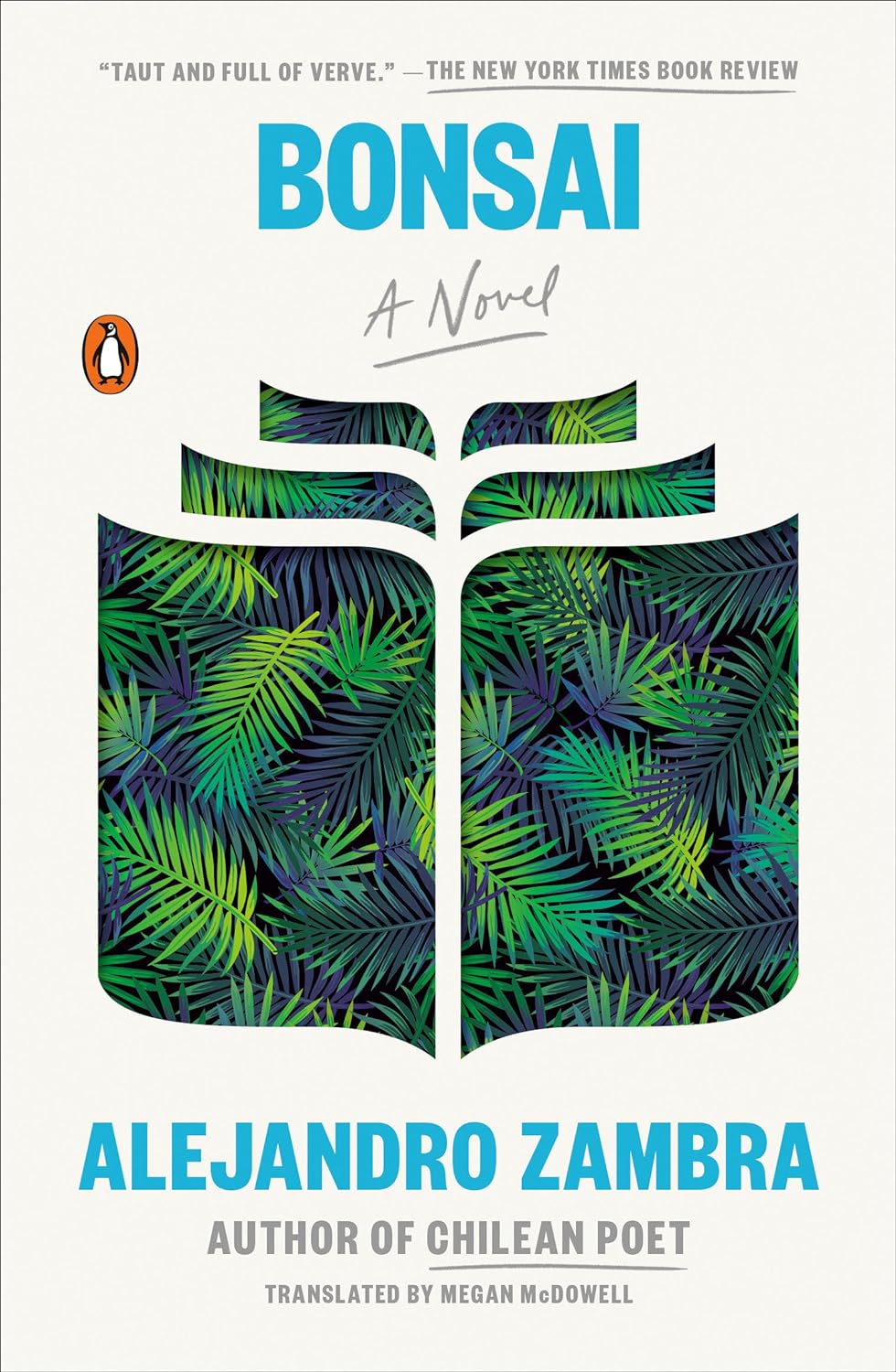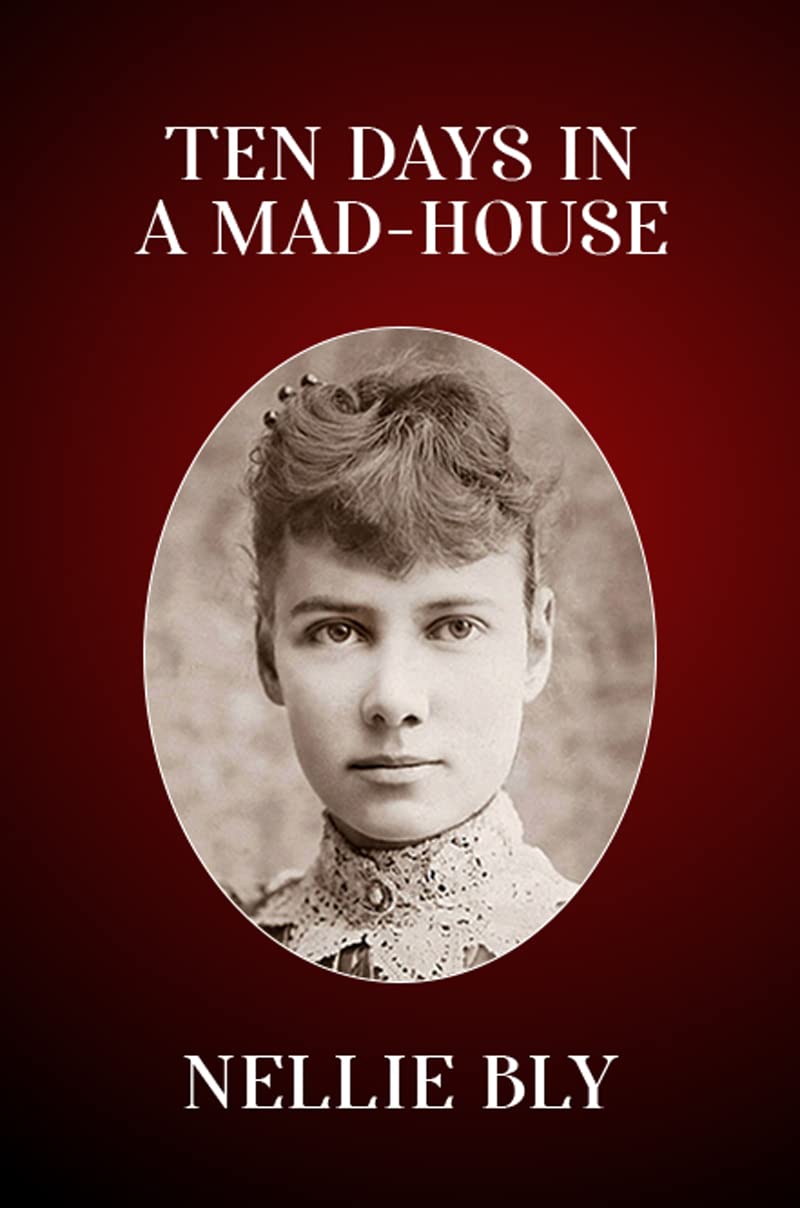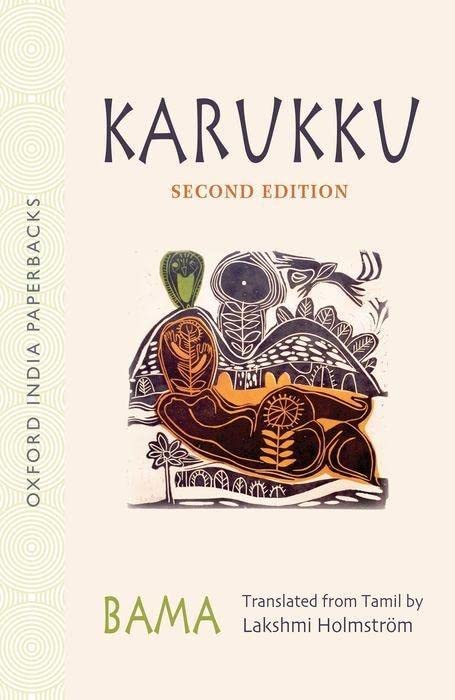Hundred pages of solitude: Short reads only
Editor’s Note: Our in-house bibliophile—News Editor Anannya Parekh—offers the perfect panacea for the busy reader: A swift and sublime list of novellas and short non-fiction books. Perfect to binge on in a cosy reading nook over a single afternoon session.
Written by: Anannya Parekh, News Editor
My love affair with short reads and novellas began only after I was juggling work and life—and found little to no time to read a big book. I would generally love the idea of immersing myself in 600-odd pages of a saga and getting lost in that world for days, but since work-from-home realities struck—my attention span could not do justice to those kinds of books.
Just on a whim, I picked up ‘A Room of One’s Own’ by Virginia Woolf to read and found myself zooming through it on a Sunday afternoon—it was a quick, immersive and a highly satisfactory experience. There was no going back after that. I still stack up my TBR pile with massive reads, but I find myself gravitating to shorter ones more often than not. Especially when I am craving a wholesome reading experience over a slow weekend. Here are some of my favourite short reads and novellas that left the reader in me feeling satiated in 150 pages or less:
Fiction/Novellas
Ghachar Ghochar by Vivek Shanbag: Choosing this one to be first on this list is a conscious choice, because if you don’t end up reading further but pick this one up—your love affair with novellas will begin automatically. Translated from Kannada—this is a powerful psychological read that follows a family’s experience of moving from a dingy, ant-infested house to a big bungalow in a posh part of the city. The details will stick in your mind—for months—and in my case, years later. (80 pages)
So Long a Letter by Mariama Ba: Published in 1980, this one was far ahead of its time. The author weaves a story in the form of a letter with some autobiographical elements in which Ba professes her desire to see equality amongst men and women within and outside of her country through the voice of Ramatoulaye—the protagonist. Ramatoulaye has been forced into solitude (according to the dictates of Islam) to mourn the death of the husband who, when he lived, humiliated and abandoned her. The characters come to life in this novella thanks to Ba’s exquisite writing. (90 pages)
Bonsai by Alejandro Zambra: One critic in Chile’s Capital newspaper described Bonsai to be, “brief as a sigh and forceful as a blow.” The story follows two young lovers, their lovers and their love for literature, and what happens to them once they part. Anyone that has loved or loved and lost can find charm in this concise but emotional tale that Zambra has created. (83 pages)
As We Are Now by May Sarton: Sarton’s literary genius tends to follow me in every phase of my life—but has most importantly impacted my thoughts on ageing and growing old—and even death. This one tells the story of Caroline Spencer—a 76-year-old retired schoolteacher—mentally strong but physically frail, who has been moved by relatives into a "home." I recommend you read this in one sitting since this one might get a bit depressing, but the climax is powerful and victorious—and definitely worth the initial discomfort. (134 pages)
We Have Always Lived In The Castle by Shirley Jackson: If you are a fan of slow-burning, grim and obscure tales—this one's for you. This is Jacskon’s beloved horror novel that follows a peculiar girl named Merricat and her possibly murderous family. Merricat is someone you will not easily forget—as her voice is so bizarre and vivid—you will feel as though you’re living her twisted magical realities of strange rituals with her. In 100-odd pages, Jackson has captured the are-ghosts-real-or-am-I-crazy kinda horror in a highly entertaining way. (144 pages)

Non-Fiction
Ten Days in a Mad-House by Nellie Bly: A fair warning that this one is not for the faint of heart—and please consider this as a content warning for graphic descriptions of mental illness as well. This is an account of Nellie Bly—a investigative journalist from the US—who lived in an insane asylum as an undercover patient to investigate the deplorable conditions of the place in the late 1800s. The story is compelling, eye opening and horrifying all at the same time—and is meant to provoke the reader’s perceptions of mental illness and its associated stigma that trickles down to systems that were built to help patients. (92 pages)

Karukku by Bama: This real life story follows Bama—a Dalit Tamil woman—and her experience of battling deeply entrenched caste-based oppression in the Catholic Church. Her ideas were unacceptable to society at the time, so she published this memoir independently. This book is unique for its simplicity and authenticity—but also holistic in capturing the community’s struggle. (110 pages)

The Origin of Others by Toni Morrison: In my experience, this is Morrison's most personal work of nonfiction to date. She explores themes of race, fear, mass movement of people and desire for belonging in this tiny book. Whether you are new to her work or a Morrison veteran, this one is truly worthy of your time. Her powerful writing is also reflective in this book, as she answers questions the human concept of otherness. (126 pages)
Tell Me How It Ends: An Essay in Forty Questions by Valeria Luiselli: This sharp and short read highlights the lives of undocumented Latin-American children living in America by Luiselli who worked as a translator for the federal immigration system. It is also endearing as she has structured it around the forty questions she asks undocumented Latin-American children facing deportation while pairing them up with lawyers. I particularly loved the compassionate tone of the book—that captured the dilemma of hope and hopelessness of immigration so accurately. (128 pages)
Still need more? Here are some bonus picks that are under 50 pages: An immersive head scratcher by Haruki Murakami called Birthday Girl (48 pages) and the profound science-fiction tale called The Ones Who Walk Away From Omelas by Ursula K Le Guin (32 pages).
You can also never go wrong with these beloved short-read classics: The Little Prince by Antoine de Saint-Exupéry (96 pages) and Notes from the Underground by Fyodor Dostoyevsky. (96 pages)








 souk picks
souk picks